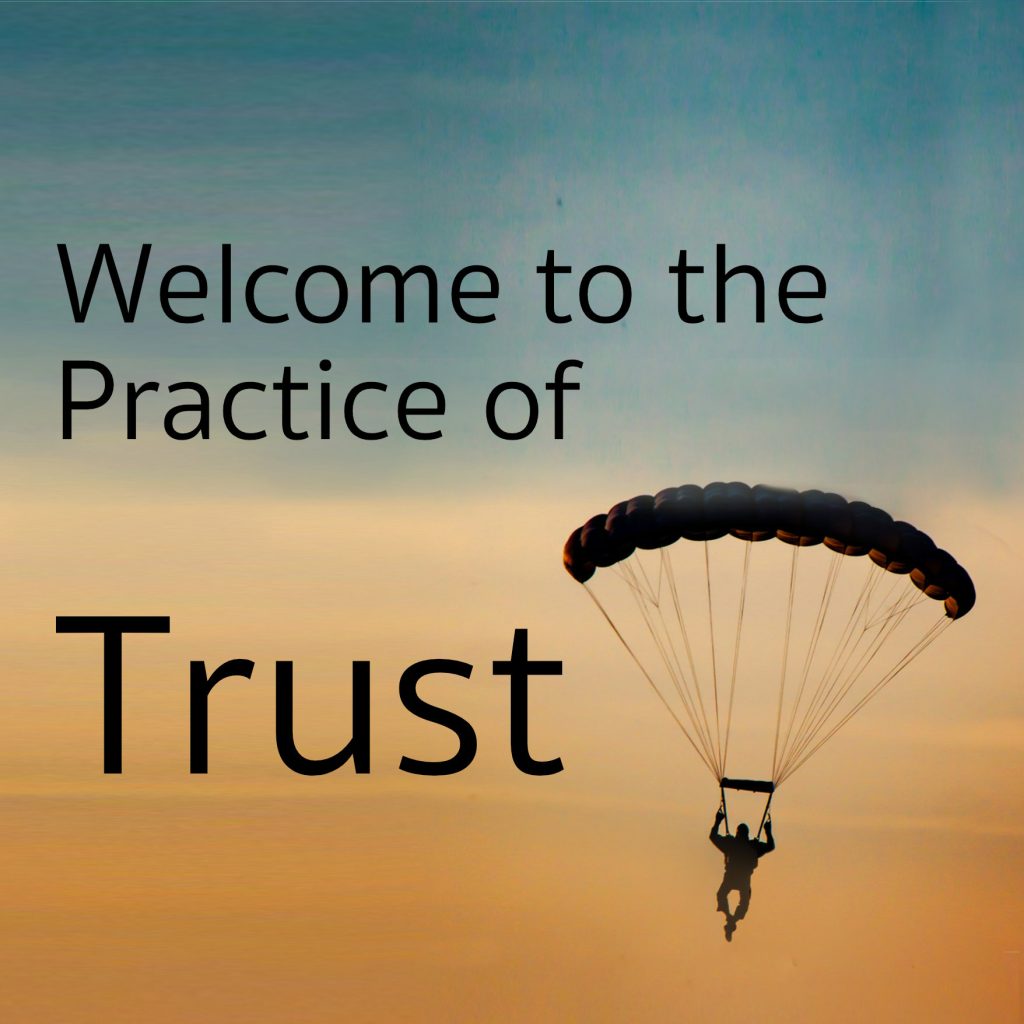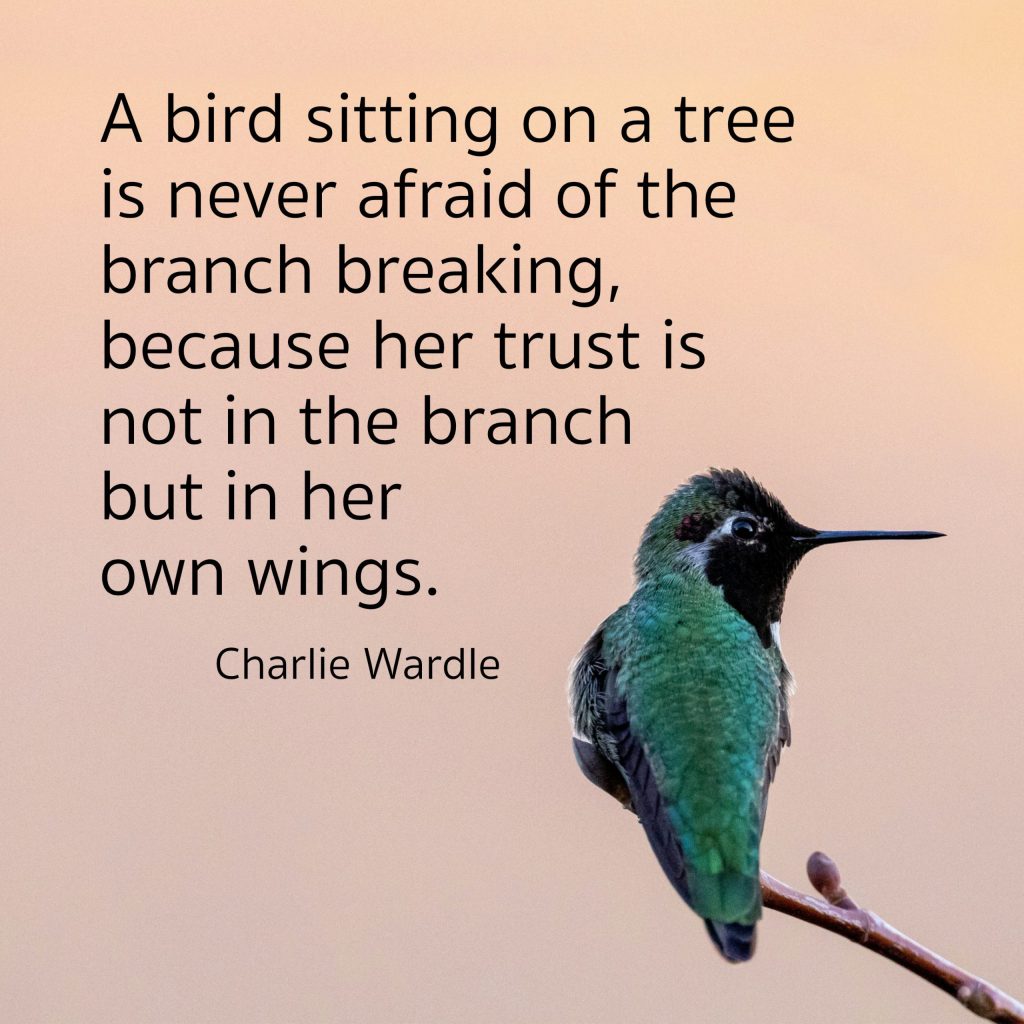by Rev. Dr. Sandra Fees
Ralph Waldo Emerson says that “Self-trust is the first secret to success.” He also famously says, “trust thyself. Every heart vibrates to that iron string.” Johann Wolfgang von Goethe similarly advises, “as soon as you trust yourself, you will know how to live.”
Golda Meir, a teacher and the fourth prime minister of Israel, says, “trust yourself. Create the kind of self that you will be happy to live with all your life. Make the most of yourself by fanning the tiny, inner sparks of possibility into flames of achievement.”
An ancient Buddhist saying teaches: “be ye lamps unto yourselves; be your own confidence. Hold to the truth within yourselves as to the only lamp.” Surely the Buddhists didn’t mean the only lamp. Or did they?
And in his book, Blink, Malcolm Gladwell advocates for trusting one’s gut. He explores the idea of thin-slicing to demonstrate the accuracy of snap judgments. Thin-slicing describes the ability to identify patterns based on “thin slices” of experience. According to Gladwell, “There can be as much value in the blink of an eye as in months of rational analysis.” (Blink, Malcolm Gladwell)
Gladwell uses the story of psychologist John Gottman to illustrate. In a study of couples staying together long-term, Gottman was able to predict with 90 percent accuracy in less than 15 minutes if a couple would still be together 15 years later. That 15 minutes it took him to make that determination is a thin slice. (various sources)


When I think about all the times I misjudged a person or situation, when trusting my gut failed me, I can’t help but have some doubts about the wisdom of these various thinkers. I have made snap judgments about others that have turned out to be unwarranted. I have trusted people who turned out to be untrustworthy.
I have made errors on the job, said hurtful things to other people, betrayed others, lost my temper, acted with impatience, failed to complete projects I started, made poor relationship choices, and trusted my intuition which at times turned out to be simply about my own self-interest or unconscious biases and prejudices, which I only recognized after the fact.
And I tell you all this, not as a confession of a deeply flawed person. There is nothing in this list of mine that sets me apart from most other people. Most of us have found ourselves in these and other similar kinds of situations in which we were unreliable in some way, failing to do what we set out to do or falling short of being the kind of person we hoped to be in that moment.
And so a fundamental question I have been grappling with is: “how can any of us trust ourselves when we have insider knowledge that we got it wrong so many times?” Surely the Buddhists didn’t mean the only lamp.

And the more I grapple with that question, the more I have come to ask some slightly different but related questions. Why is it that so many leading thinkers and sages offer the wisdom to trust yourself and to be your own confidence? What is the nature of the trust they are describing? What are we to trust ourselves to do or be?
Therein lies some clues. The point of trusting oneself isn’t that we will get it right every time. This is where we sometimes get self-trust most wrong. After a series of slip ups, self-doubt and shame can take over. Human beings can be awfully hard on themselves. Self-confidence and a sense of self-worth can get eroded, leaving people second-guessing themselves and even worrying endlessly about what everyone else thinks of them.
Rather than being about getting it right every time, what if trusting oneself has to do with the ability to bounce back, to be resilient, and to overcome a slip up or failure? Just stop for a moment to think about it. None of us is going to get things right every single time. No one.
To trust oneself has to be based in something more than having a perfect track record. To trust oneself has to do with coming to believe that we will find a way to be okay even when we get it wrong, despite the uncertainties. It also has to do with having the courage to learn, to grow, and to trust again.
